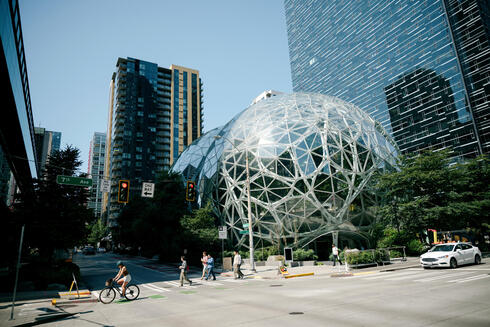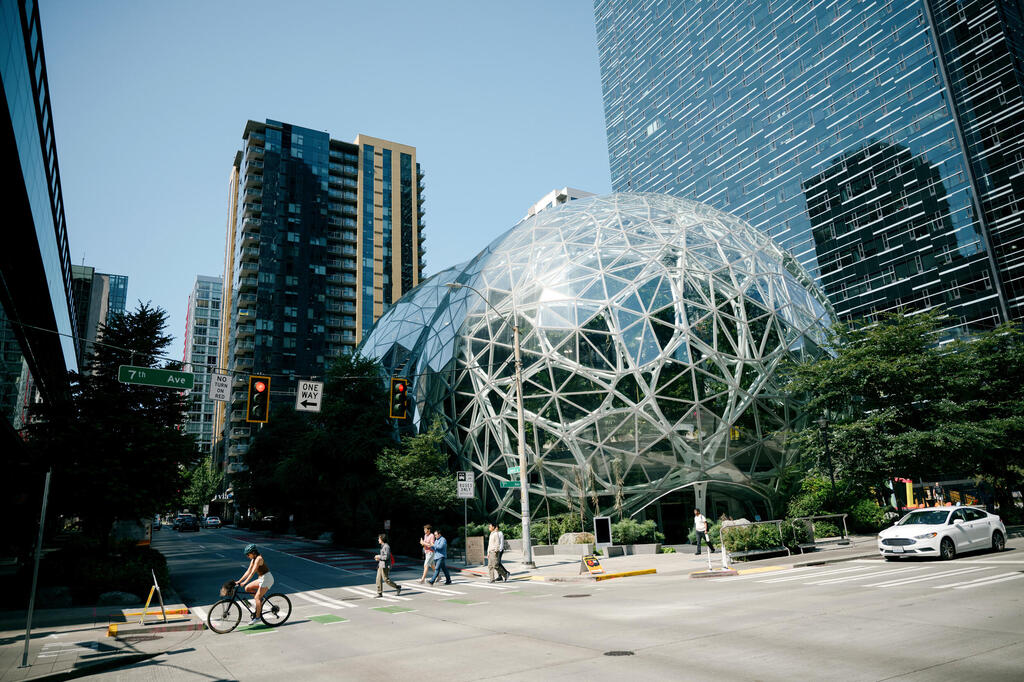
Amazon scraps remote work: Could it trigger a corporate shift away from hybrid models?
The return-to-office policy could inspire other major companies to follow suit.
The pandemic indeed brought about a revolution in the labor market, but Amazon is no longer interested in being part of it. Last month, the tech giant announced that it is canceling its hybrid work model, requiring all employees to return to the office five days a week. By doing so, Amazon is ending one of today’s most sought-after benefits and reversing what many saw as a positive development in employment practices.
"When we look back over the last five years, we continue to believe that the advantages of being together in the office are significant," Amazon CEO Andy Jassy wrote. "I’ve previously explained these benefits, but in summary, we’ve observed that it’s easier for our teammates to learn, model, practice, and strengthen our culture; collaborating, brainstorming, and inventing are simpler and more effective; teaching and learning from one another are more seamless; and, teams tend to be better connected to one another."
Jassy is not the first to advocate for a full-time return to the office. Elon Musk has already prohibited remote work at all his companies. Goldman Sachs CEO David Solomon went as far as calling remote work an "aberration" and has required all employees to return to the office five days a week. However, Amazon's decision carries great symbolic weight, as it is the second-largest employer in the United States, with approximately 1.6 million employees worldwide. While the hybrid work model was never applicable to its many warehouse workers and delivery drivers, this decision could signal a wider trend of companies moving away from hybrid work.
“We understand that some of our teammates may have set up their personal lives in such a way that returning to the office consistently five days per week will require some adjustments,” Jassy noted. “To help ensure a smooth transition, we’re going to make this new expectation active on January 2, 2025.” The three-month transition period will allow employees who do not wish to comply with the full-time office mandate to seek alternative positions.
When Musk’s SpaceX required all employees to return to the office, around 15% of the workforce left. Some speculate that Amazon might have a similar hidden agenda—quietly reducing its workforce in certain departments without resorting to high-profile layoffs. According to an internal Amazon survey, obtained by Fortune, many employees expressed dissatisfaction with the decision, with some stating they "do not agree and will not comply" with the new policy.
Regardless of employee reactions, the move is controversial. Studies conducted in recent years have shown that hybrid work increases productivity and is particularly beneficial for women. A study published last June in the journal Nature by King's College London, the University of Chicago, and Princeton found that employees in hybrid work arrangements are generally more satisfied and have lower resignation rates, a trend especially noticeable among women. Their productivity was comparable to that of full-time office workers, and they experienced fewer distractions and took fewer sick days. Another study by INSEAD and IESE business schools found that while physical proximity can enhance communication and teamwork, social proximity—maintained through virtual ties—can achieve similar results.
However, the research suggests that the benefits of remote and office work are not absolute, and significant variations exist between industries, companies, and cultures. Differences were also noted between genders and among people with disabilities. For instance, a Lancaster University study found that hybrid work dramatically improves productivity for people with disabilities, while another study from Princeton highlighted differences in remote work effectiveness between workers in the UK and China.
The shift to hybrid work has also had a profound impact on the commercial real estate market. It allowed companies to implement "hot desk" systems, reducing their total office space. In the U.S., vacant office space reached 20.1% in the second quarter of the year. This trend has also reshaped city landscapes, as once-bustling commercial areas have emptied out, leading to economic stagnation in urban centers. Cities heavily reliant on tech companies, such as San Francisco, New York, and Seattle—where Amazon is headquartered—have been particularly affected.














